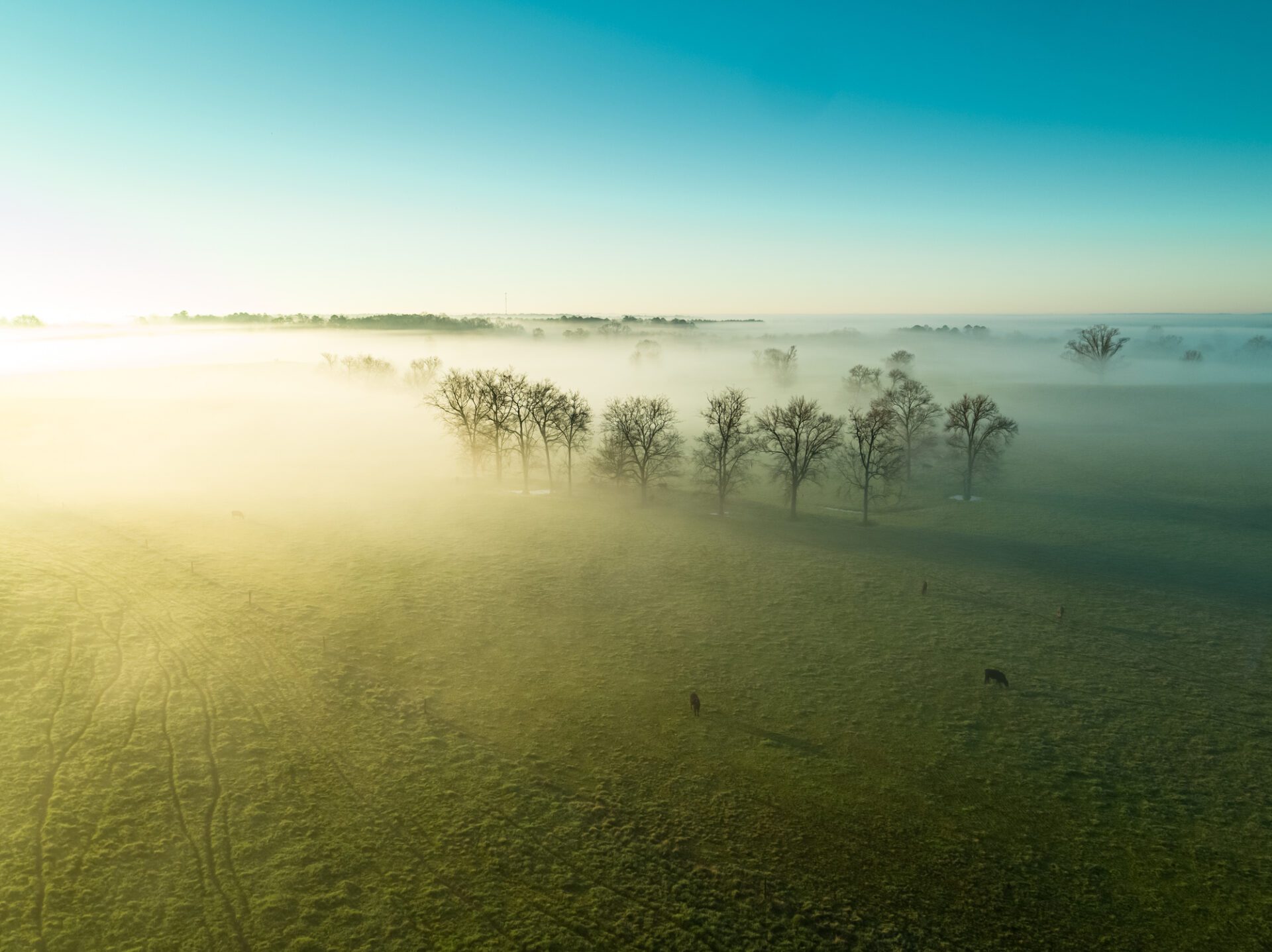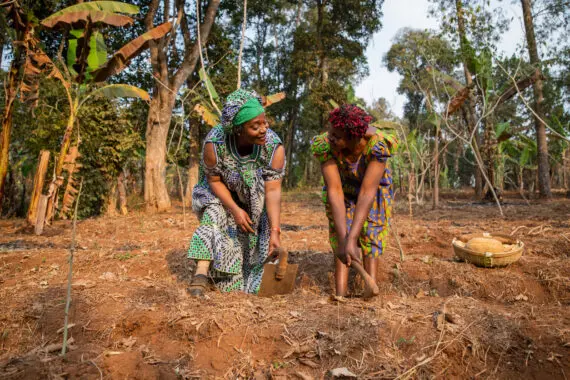Recently I visited my family homeland in the forests of rural Alabama. As usual I walked the traces and places of my Indigenous and African ancestors who withstood the horror of their lands being taken, food insecurity and exploited labors. But I also remembered the choices they made that still made it possible for descendants like me to live today. Choices that were limited by injustices and discriminatory laws and practices that sought to capture their freedoms to fully express their human divinity and rights. Yet they resisted and had faith. Such helped them to “make a way out of no way” as my ancestors would say.
Although my family was able to withstand some of these challenges, they, like so many Pan African farmers today, still find themselves in situations where their lands are still being assaulted; grabbed; deforested; and affected by climate change, contaminated water, exploited labor practices, and food insecurity in the United States and globally.
Consider the following: Globally, 70 percent of water is used for agriculture, 40 percent of arable land is used for agriculture, 80 percent of the food we eat is cultivated by smallholder farmers, and 30 percent of food is wasted. This was pointed out at a recent consultation where Bread for the World was a co-lead with other global faith leaders in Nairobi, Kenya. The UN Environment Programme Emissions Gap Reports have highlighted agriculture and forestry as areas where there is huge scope for emissions reduction.
In the United States, climate grants to Black farmers seek to address some of this through the Biden-Harris administration’s $3.1 billion Partnership for Climate-Smart Commodities grant program. One of the hopes is to build trust with these farmers and convince them to adopt practices to reduce greenhouse gas emissions. But this goal, alongside of the goal of seeking redress of centuries of discrimination by the U.S. Department of Agriculture (USDA), is not without challenges.
Some of the biggest projects being funded through this “Partnership” are led by big for-profit companies and various agricultural lobby groups. Such groups are being scrutinized by Black farmers and other “historically underserved” farmers for not thinking though ways with the farmers to serve them. This is further complicated by the historic mistrust of Black farmers and other “historically underserved” farmers with these groups and the USDA itself.
Labor Day reminds us that labor is not only a conversation about equitable work. It is also a conversation about ownership and stewardship of land and production for work to exist equitably. The history of Pan African farmers, globally or nationally, is one that has and continues to painfully haunt this conversation of inequities and injuries. Two of the ways we address this conversation is by electing government leaders who will seriously engage these probing questions and advocacy. The new Nourish Our Future campaign at Bread for the World (bread.org ) will include a policy platform that seeks to advocate with Pan African communities. This is key to successful change with and for all.
Angelique Walker-Smith is senior associate for Pan African and Orthodox Church engagement at Bread for the World.



